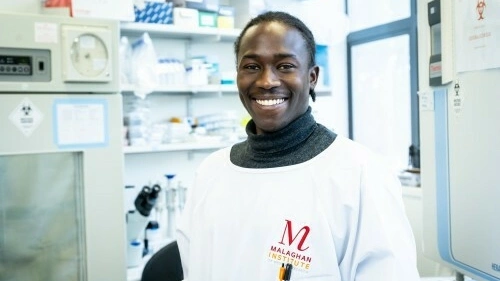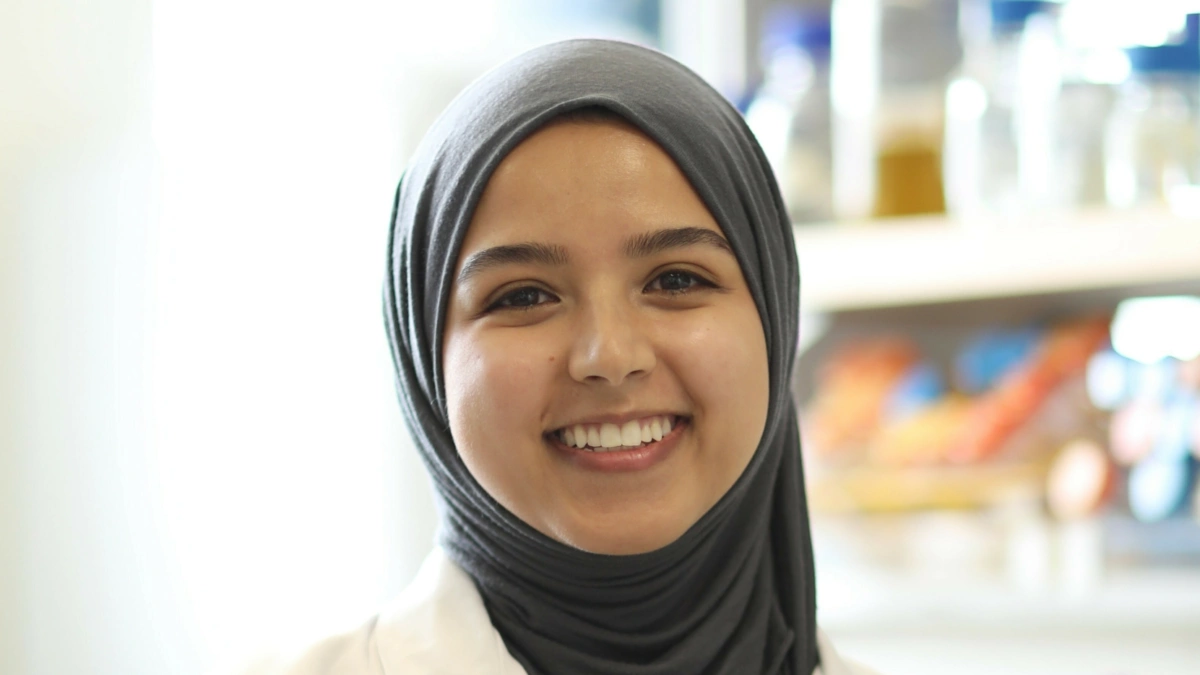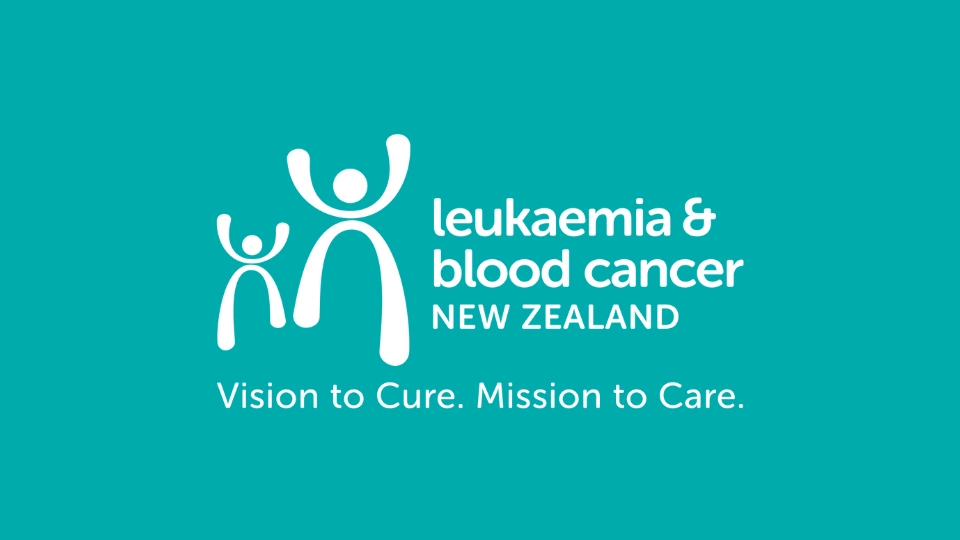We recently spoke to Paul Owaci, recipient of the 2024 Leukaemia & Blood Cancer New Zealand and HSANZ PhD Scholarship. He told us about the exciting project he’s working on at the Malaghan Institute of Medical Research, and what this could mean for blood cancer treatment in New Zealand.
What’s your academic background?
I did my Bachelor of Biomedical Science, majoring in Molecular Pathology, and then my Master of Clinical Immunology – both at Victoria University of Wellington. During my Master’s, I was fortunate to complete my practicum with the Malaghan Institute of Medical Research within their cancer immunotherapy programme.
How did you find out about the LBC and HSANZ PhD Scholarship?
It was a recommendation from my supervisor. There had been discussions about pursuing a PhD, but obviously, the financial aspect of this can be a big hurdle. I’m grateful for the opportunity to be supported by Leukaemia & Blood Cancer New Zealand and the Haematology Society of Australia and New Zealand (HSANZ).
Can you explain your research project to us?
My project focuses on a type of immunotherapy called CAR T-cell therapy, which is a personalised cellular treatment. Basically, the patient’s own immune cells (T-cells) are taken out, genetically modified in the laboratory to identify and attack cancer cells, and then returned to the patient. The manufacturing process currently takes anywhere from two to six weeks.
The Malaghan Institute recently completed Aotearoa’s first CAR T-cell clinical trial. That phase 1 trial (‘ENABLE-1’) showed promising safety and effectiveness for certain relapsed lymphomas. A phase 2 trial to confirm this (‘ENABLE-2’) has recently started. However, we know from international trials that some people’s lymphomas do not respond to, or relapse after, CAR T-cell therapy, and that CAR T-cell therapy rarely works for solid cancers. One reason for this could be ‘exhaustion’ of CAR T-cells. My project seeks to explore alternative CAR T-cell manufacturing processes that could help reduce exhaustion, and to re-engineer CAR T-cells to knock down genes linked to exhaustion.
What difference will this make for Kiwis living with blood cancer?
Although my PhD research doesn’t affect the current ENABLE-2 trial, it might contribute to our development of future CAR T-cell products. For example, we may be able to shorten the time it takes to manufacture CAR T-cells, allowing treatment of more patients and earlier treatment of patients with aggressive disease. Alternatively, we might be able to make CAR T-cells that remain fully active for longer, which could further improve CAR T-cell effectiveness for blood cancers or other conditions.



